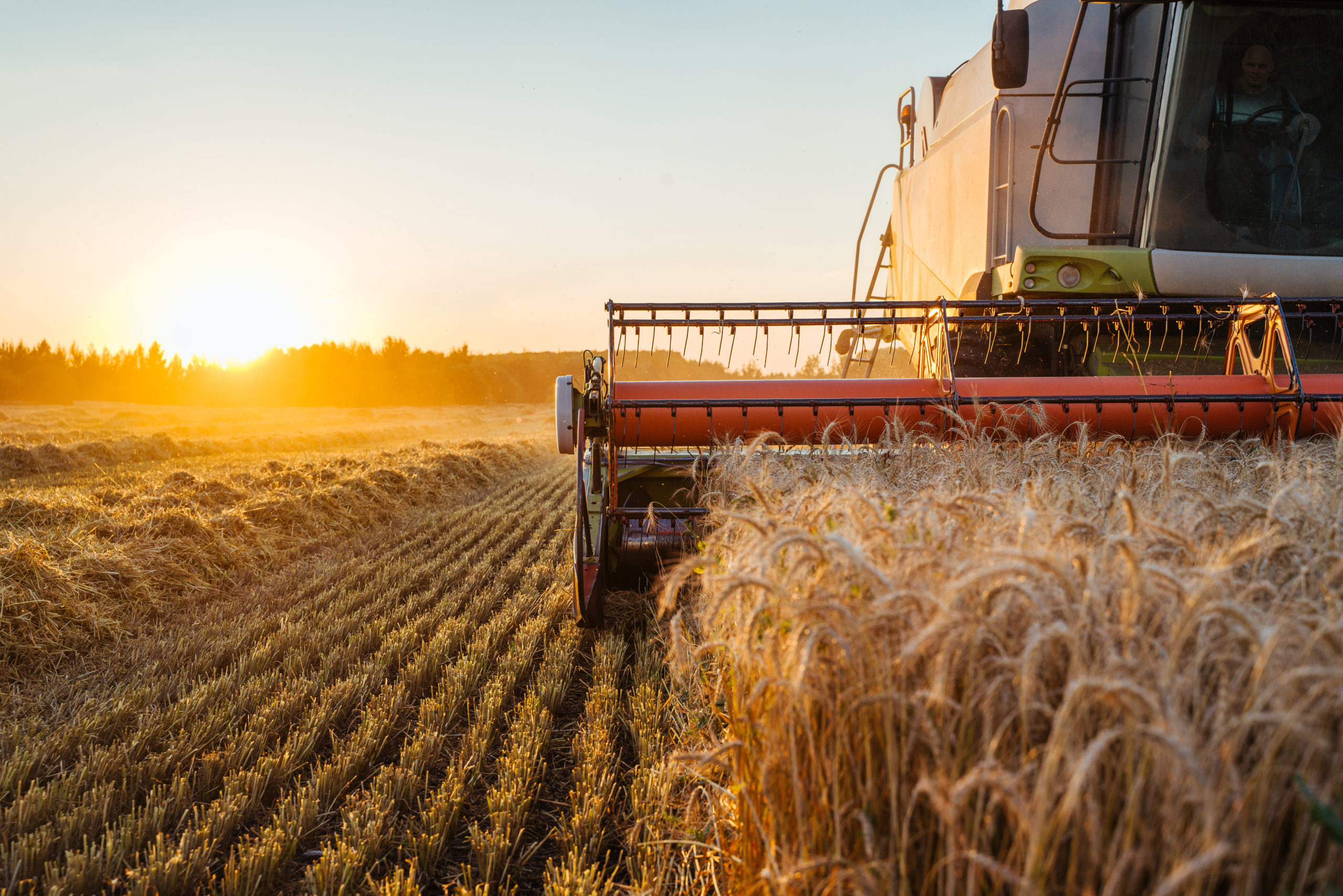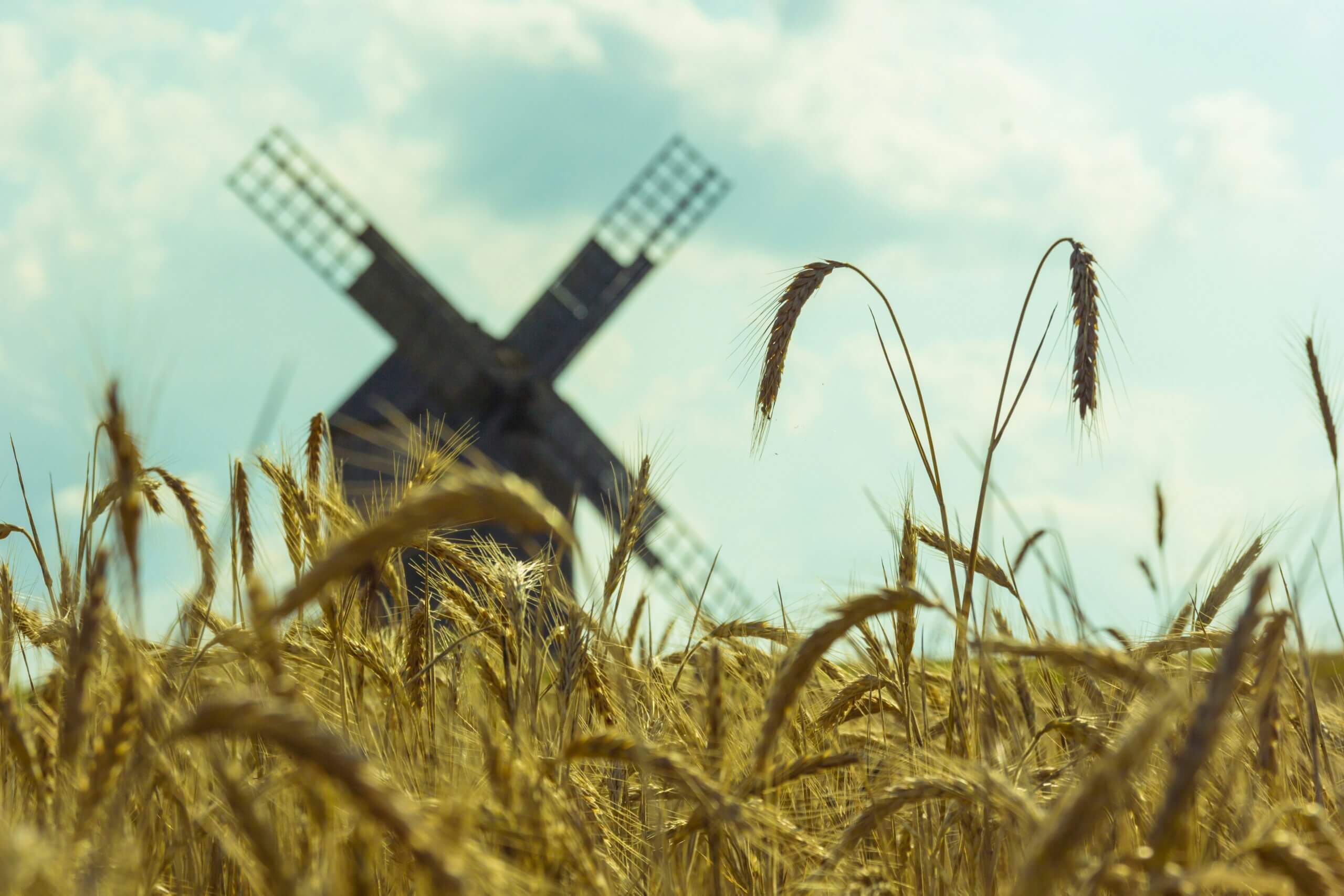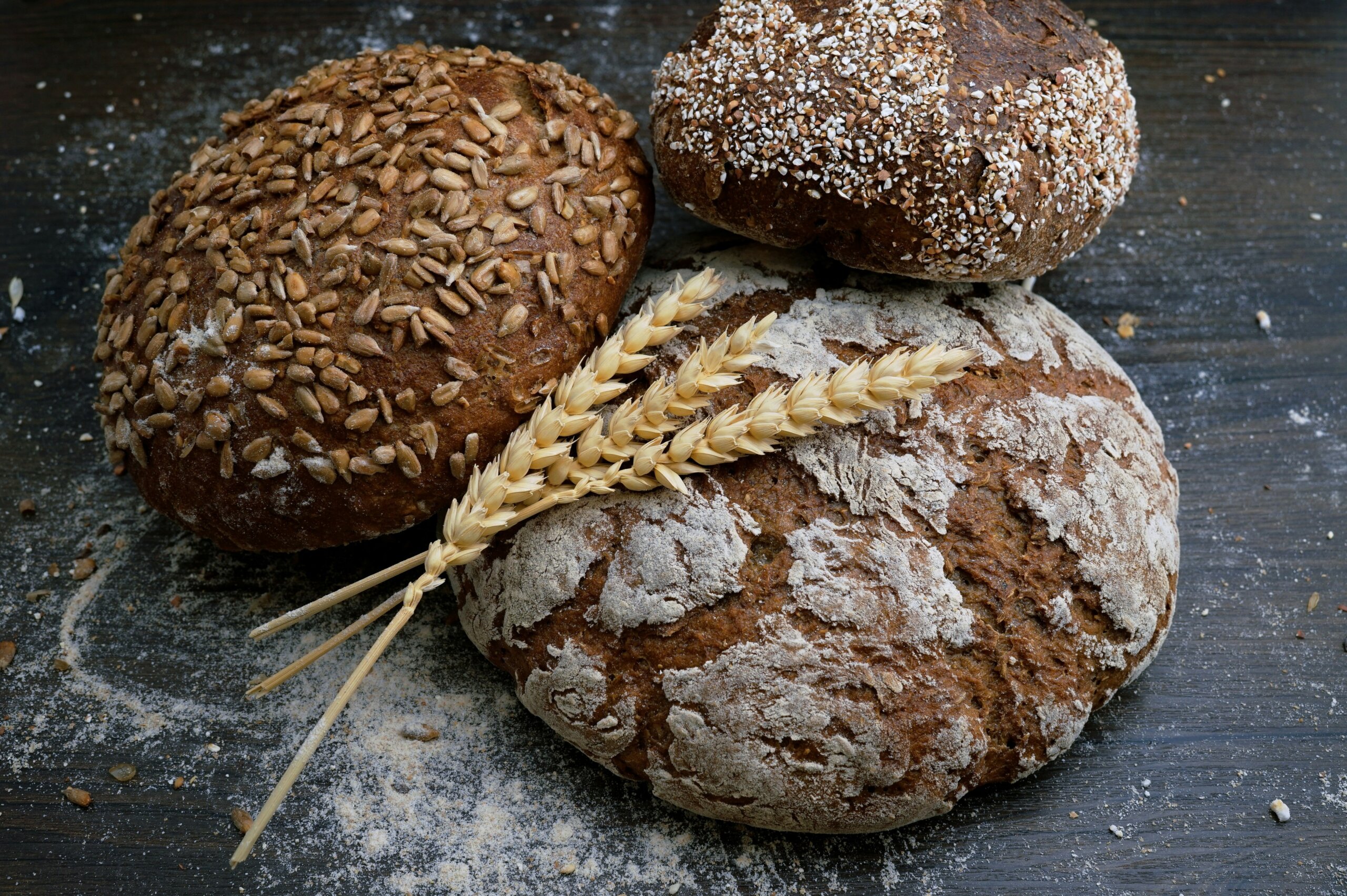The World Bank has raised concerns for food security in the wake of the Covid-19 pandemic despite sufficient supplies of agricultural commodities. Although it assesses the impact on agricultural commodities as moderate, disruptions and government steps to stockpile or restrict imports can lead to food insecurity in many places. These disruptions have already impacted emerging markets and exports from developing countries.
Food security – aspects and challenges
Trade link has a significant role in food security as part of the global supply chain. Ethical production and providing adequate access to food are its essential concerns. The United Nations’ Committee on World Food Security defines food security as all people, at all times, having physical, social, and economic access to sufficient, safe, and nutritious food that meets their food preferences and dietary needs for an active and healthy life. Governments make micro and macro level interventions for this, ranging from soup kitchens and school lunch programs to multilateral agreements which facilitate global trade of food commodities. The main dimensions of food security are
- Availability
- Accessibility
- Utilization
- Stability
Countries face obstacles to food security such as supply constraints, water scarcity, low per capita GDP, political unrest, corruption, war, drought etc. Experts consider poverty the biggest challenge to food security. Food insecurity is most likely where there are low levels of education, low social capital and low household income.
Global Trade Policies
Countries enter agreements to set standards, goals and regulations for trade across international borders. Governments’ policies are led by a desire to maximize comparative advantages of their countries. These policies sometimes result in embargoes, sanctions and barriers.
Proponents of liberal policies claim that trade can end poverty across the world. Trade leads to better productivity, stable supply, lower prices, affordable commodities and higher incomes. It broadens options for consumers. For developing countries, trade is a better long-term means to economic growth than aid. However, the rise of populism in the last few years around the world has led to changes in global trade policies, some of which are harmful to foreign commercial interests.
The impact of trade policies on the supply and demand of food commodities is complex. Trade barriers can hinder access in regions facing deficit. This is due to the disruption of the “transmission belt” of trade that evens out surpluses and deficits of food. Even within the same country, protectionist measures taken by governments can affect urban and rural populations differently.
In general, free trade of food commodities should result in better food security as per the forces of supply and demand. Yet this assumption needs the nuance of where and how food is produced, whether it reaches the poorest and how evenly the profits are distributed.
Revitalizing multilateral deals, agricultural trade reforms and measures for strengthening the sector domestically within countries are needed. Opening up of new markets for global producers can give better supply and lower prices for commodities. At the same time, it is necessary to equalize resultant availability and access to food. The utilization aspect of food security can be ensured by quality and balance in processed versus unprocessed foods. Lastly, countries need to be wary of overreliance on imports so as not to suffer on account of stability which can in turn suffer from global fluctuations in production or price. Trade link is committed to ensure all these aspects of food security as a customer-focused company.
[su_divider top=”no” divider_color=”#726c6d” size=”7″ margin=”5″]
[su_button url=”https://www.facebook.com/tradelinksainternational/?view_public_for=105757601162821″ target=”blank” style=”flat” size=”5″ icon=”icon: facebook-f” text_shadow=”0px 0px 0px #000000″] [/su_button] [su_button url=”https://www.linkedin.com/company/tradelink-sa/?viewAsMember=true” target=”blank” style=”flat” size=”5″ icon=”icon: linkedin” text_shadow=”0px 0px 0px #000000″] [/su_button] [su_button url=”https://www.instagram.com/tradelinknz/” target=”blank” style=”flat” size=”5″ icon=”icon: instagram” text_shadow=”0px 0px 0px #000000″] [/su_button] [su_button url=”https://www.youtube.com/channel/UCewEsyFy0Y_1MdjwhsXvT0w” target=”blank” style=”flat” size=”5″ icon=”icon: youtube” text_shadow=”0px 0px 0px #000000″] [/su_button]
[su_youtube_advanced url=”https://www.youtube.com/watch?v=LCEkNZdMi04″ height=”200″ responsive=”no” fs=”no”]



